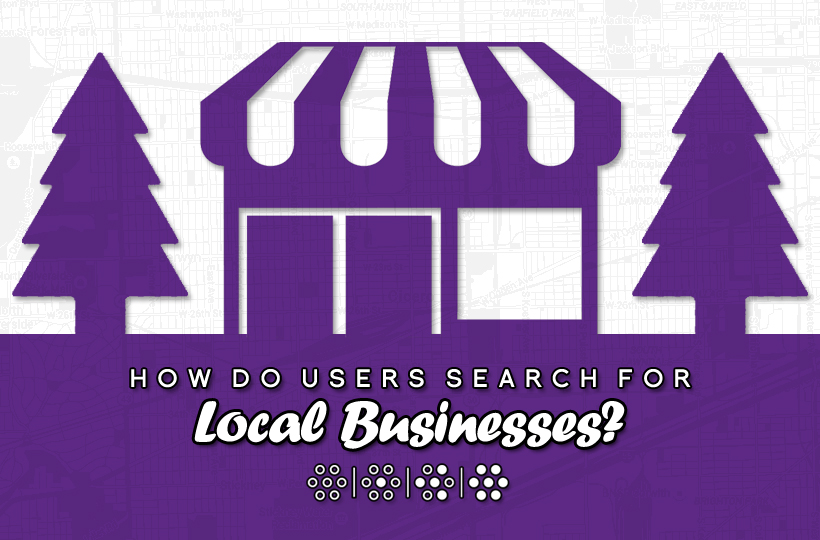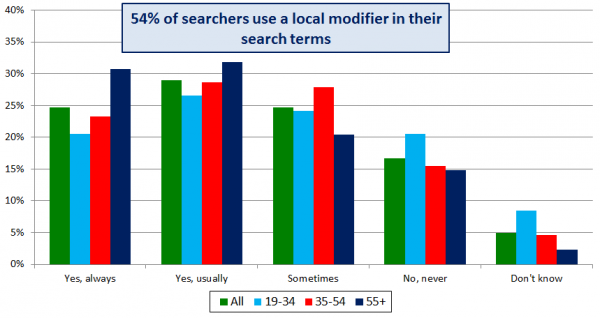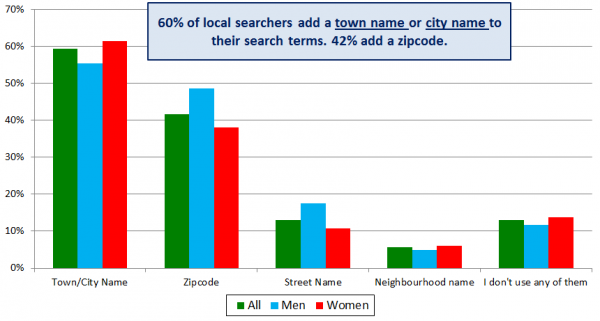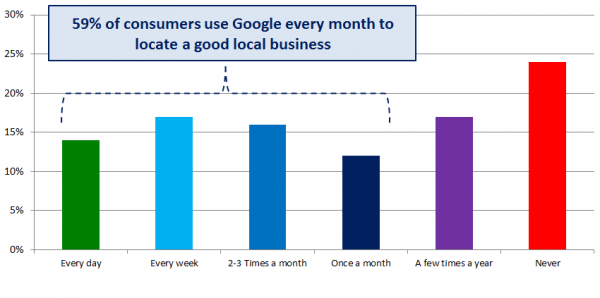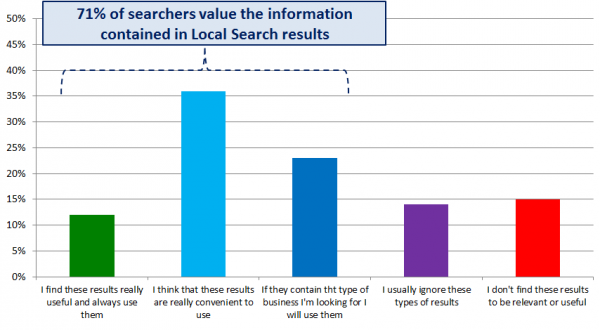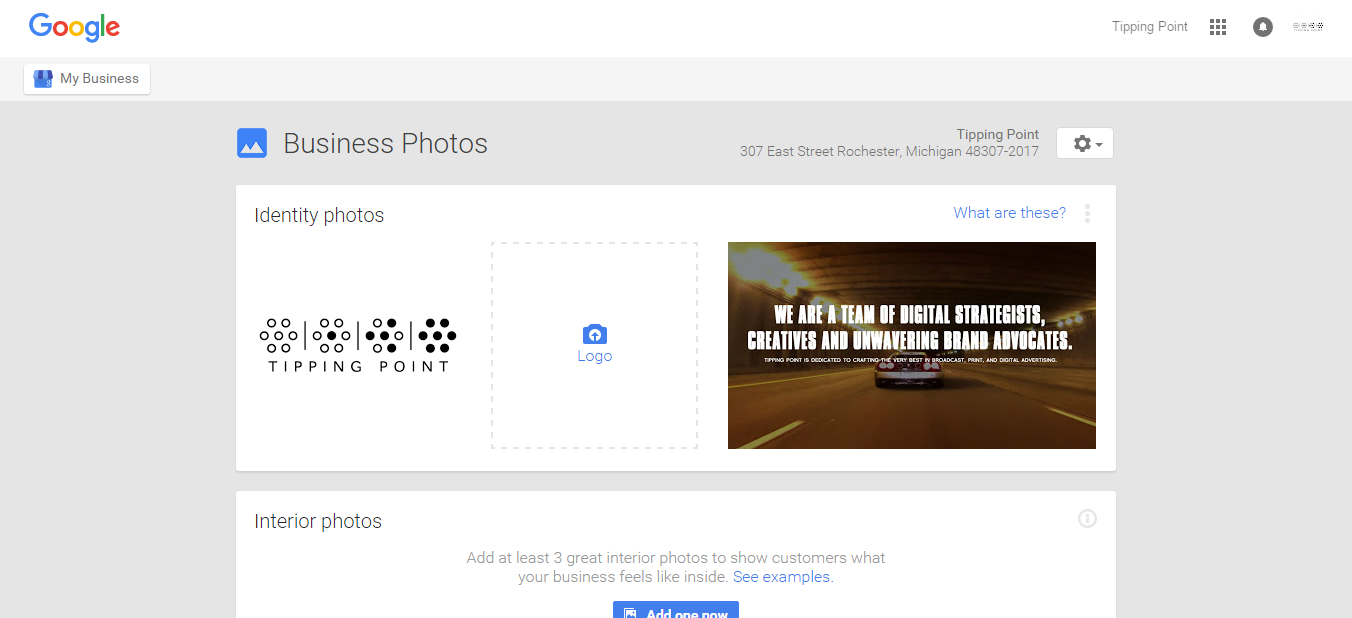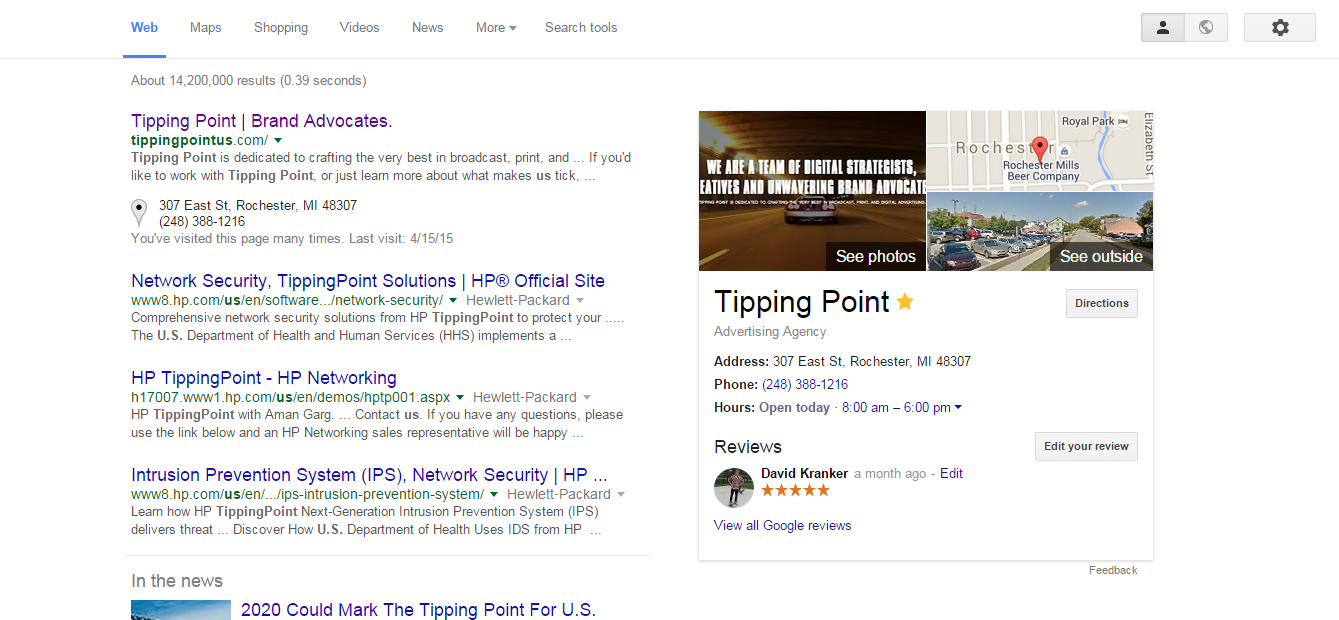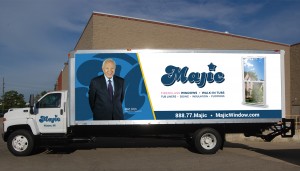“How do my customers go about searching for my local business?” It’s an important question and it’s probably one of the most frequent questions we receive as SEO specialists. How are searchers looking for your business? Do they use a local modifier or do they expect to get results for a generic, non-local search term? We’re going to put this question to rest and help you better optimize your local search ranking.
We’ll do this by reviewing data from an in-depth study conducted by BrightLocal. In this study a panel of 1,081 “local consumers” (varying in age, gender, and location) were given a survey asking them to detail their search habits. The data below entails the results.
Do Searchers Use A Local Modifier?
Do searchers include a local search term in their search? Yes, a little over half of searchers include a local modifier within their search query. However, that number decreases from 54% to 50% when narrowing in on a younger demographic. Older searchers are more inclined to add a local modifier into their search. In fact, 63% usually do. Even if your brand appeals to a younger demographic, it’s still best to optimize for local modifiers, but you may want to put more emphasis on generic terms rather than the modifiers. The reverse is true for an older demographic.
Which Local Modifiers Are The Most Popular?
As logic dictates, city and town names are the most frequently used local modifiers followed by zip code. While it’s more important to optimize for your business’s city and town, a well-rounded local SEO campaign would include additional optimization for zip code. It’s interesting to note how low neighborhood searches ranked. Oddly enough, neighborhood modifiers were used less frequently than street names. In contrast, the importance of neighborhood varies by industry. Neighborhood would play a bigger role in real estate and food delivery businesses. While many searchers don’t use a neighborhood qualifier Google can identify a searcher’s location right down to a neighborhood level and deliver hyper-local results. Therefore, you should still include neighborhood terms on your site regardless of what industry you may be in.
What about the 13% of consumers who search with a street name? What would compel them to do that? It turns out there are users who search with a street name when they know the business name and its location, but they are looking for contact details, driving directions, etc. While optimizing for your street name may not win you over any new customers, it will make it easier for existing customers to continue coming back.
How Often Are Users Searching For Local Businesses?
Consumers are Googling for local businesses on a fairly frequent basis. 59% of consumers search for a local business at least once a month and a little over 10% of consumers search for a local business everyday.
Do Searchers Value The Information In Their Local Results?
Again, the answer is yes. 71% of consumers who have searched for a local business have found value in the results. With over 35% of consumers finding their search results to be of convenient use, there is certainly a lot of value in trying to rank for local searches. One of the biggest tips to standing out in a local listing would be to upload an eye-catching photo as your main profile image for your Google My Business page. In order to achieve this you need to claim and update your Google My Business listing and upload your best photo so that it’s front and center. As you can see below, once we upload our cover photo, it then appears in search results.
Unlike text, photos beg for clicks and users eyes will migrate towards them.
What Can You Do To Optimize For A Local Modifier?
There are several places you can slip in a local modifier that will help you rank for the term. Places include:
- Your description in your Google My Business page
- The end of your business name on your Google My Business page (Ex: “Tipping Point Rochester“)
- The text of your website
- The alt tags for your images
- Title tags on your website
- Your local citation profiles
Incorporating these modifiers into your website will give you a much stronger local web presence. In case you’re interested in learning more about local search, be sure to read our 3 teps to nailing local SEO. To learn more about SEO in general you might also consider browsing the full list of our SEO blog posts.
